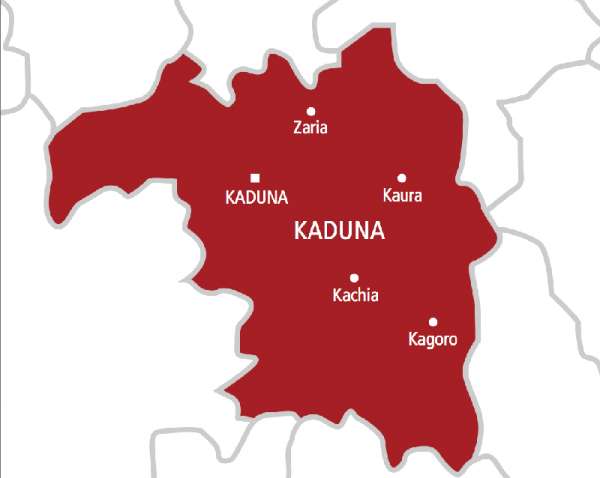The agriculture sector has significantly reduce the rate of unemployment in the country as over 12 million Nigerians have ventured into rice production in the last two years.
President Muhammadu Buhari disclosed this at the 4th Nigeria Rice Investment Forum, Effective Linkage of Actor and Effort in the Value Chain for Sustained Self-Sufficiency in Rice Production, on Wednesday in Abuja.
The president, who was represented by the Minister of Agriculture and Rural Development, Chief Audu Ogbeh, said it was important to encourage more people into farming in order to attain self-sufficiency in rice production.
“The impact of our interventions in rice sector has resulted into job creation, increase in wealth, while reducing migration from rural to urban areas.
“As of July this year, the number of farmers has increased by 12 million. The Rice Farmers Association (RIFAN) has five million members. The number of people working in the rice mills, small or big is over 1.7 million.
“These include harvesters, loaders, off loaders, transporters, distributors and markets. Unemployment is one of our biggest challenges in the country. We want to make Nigeria self-sufficient in rice production and the fact that we are currently the largest producer of rice in Africa, followed by Mali is good news,” he said.
“We have cut down rice importation by 90 per cent in the last three years and our milled rice is available in every store and supermarket in the country,” he said.
Buhari also refuted a report credited to the U. S. Department of Agriculture (USDA) that alleged that Nigeria imported three million metric tonnes of rice in 2018.
He reiterated his administration’s commitment toward improving the agriculture sector and creating job opportunities for the unemployed persons in the country.
However, the Minister of Agriculture in his keynote address, said that plans were underway to privatise the Bank of Agriculture (BOA), adding that 40 per cent of the shares would go to farmers.
Ogbeh said that this would address the challenges faced by farmers through accessing loan.
According to him, the country has ordered for 10 more mills in a bid to boosting rice production.
Mrs Nike Akande, the Chairman, New Partnership for Africa’s Development (NEPAD) Business Group Nigeria, said that the cashless ‘Anchor Borrower’s Programme’, which was supported by the government, had also boosted rice production.
“Rice production has been boosted to the extent that we have realised our target-goal of producing more than eight million metric tonnes by the last dry season.
“We had expected to produce about 15 million metric tonnes in the just concluded raining season, but unfortunately, floods ravaged about 70 per cent of our farmers’ farms, under the Anchor Borrower’s Programme.
“Despite the floods, we are expecting about eight million metric tonnes. Nigeria can be said to be comfortable with this figure, hence the current stable prices of rice in the markets; despite the floods,” she said.
Akande, however, appealed to the Federal Government for fresh loan to be disbursed to those who were affected by the floods to enable them return to farm for dry season farming.
“There is no doubt that the 2018 floods had done a lot of damage to this year’s rice production. This has negatively affected 365, 000 of our farmers, who are beneficiaries of the CNB Anchor Borrower’s Programme.
“We appeal for fresh loan to be given to them so that they can recoup their losses and pay the loan,” she said.
The event was organised by NEPAD and under the theme: “Consolidating Gains in the Rice Sector in Nigeria (Production and Processing)’’, brought together stakeholders in the rice value chain to brainstorm. (NAN)



